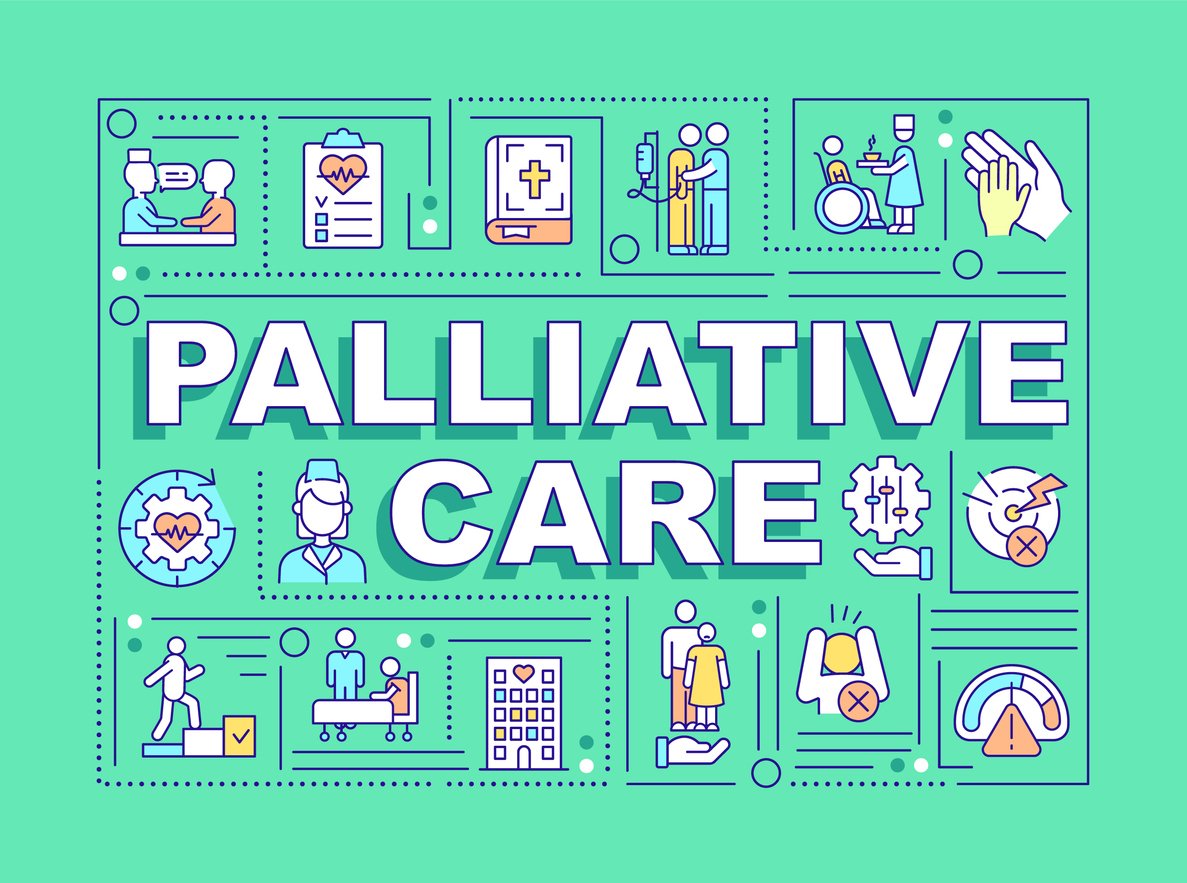Palliative Care for ALK-Positive Lung Cancer: Research Identifies a Vital Resource for Improving Quality of Life
For individuals diagnosed with ALK-positive lung cancer, the mention of palliative care can often lead to confusion or misunderstanding. Many wonder: Why is palliative care recommended? How does it fit into my treatment plan? Do I need it now, or is it something to consider later? Let’s look at the research and explore how palliative care can enhance quality of life for those with ALK-positive lung cancer.
What Is Palliative Care?
Palliative care is a specialized form of medical care focused on improving quality of life for individuals living with serious illnesses. It addresses physical symptoms like pain, fatigue, and nausea, as well as emotional, social, and psychological challenges that often accompany a cancer diagnosis. Importantly, palliative care is not the same as hospice care. While hospice is designed for patients nearing the end of life, palliative care can be provided alongside curative treatments and is available at any stage of the disease.
Why Consider Palliative Care Early?
Research consistently shows that early palliative care can lead to significant benefits for patients with advanced cancers, including improved quality of life, better symptom management, and even prolonged survival in some cases. A groundbreaking 2010 study published in the New England Journal of Medicine found that patients with advanced lung cancer who received early palliative care not only experienced less depression and greater comfort but also lived longer compared to those who received standard care alone.
For patients with ALK-positive lung cancer, early palliative care might seem unnecessary, especially since targeted therapies are generally well-tolerated. However, ALK-positive lung cancer brings unique challenges: under-appreciated side effects from oral therapies, psychological stress from living with a serious illness at a younger age, and the burden of navigating complex treatment regimens. These factors make early palliative care an important consideration.
Overcoming Barriers to Access
Despite its benefits, not all ALK-positive lung cancer patients are referred to palliative care. Misconceptions about its purpose, a shortage of palliative care specialists, and already-packed patient schedules can create barriers. Additionally, patients with biomarker-driven cancers like ALK-positive lung cancer may be overlooked for palliative care because they are younger, often feel well initially, and have relatively longer survival rates compared to those with other types of lung cancer.
However, the need for palliative care often becomes apparent over time. Even with effective treatments, side effects such as fatigue, weight gain, neurocognitive effects, and mood changes can significantly impact daily life. Moreover, the psychological toll of living with a chronic and life-altering disease can’t be understated.
A Stepwise Approach to Palliative Care
Recent research offers a potential solution for integrating palliative care earlier in lung cancer treatment without overwhelming patients or healthcare systems. A study published June 2024 in JAMA explored the concept of “stepwise palliative care,” where patients begin with limited visits early in their diagnosis and then increase palliative care involvement as symptoms or quality-of-life concerns arise. This approach was found to effectively address patient needs while minimizing disruptions to their existing treatment schedules.
New Research and Opportunities
For those interested in exploring the role of palliative care further, a study led by Dr. Lauren Petrillo at Massachusetts General Hospital is currently enrolling participants. This trial is specifically targeting individuals with ALK-positive lung cancer and other biomarker-driven cancers to evaluate the benefits of a limited early palliative care intervention. The study aims to determine whether such an approach can lead to greater self-efficacy, more tolerance of uncertainty, and less psychological distress. Those near the Boston, USA area with recently diagnosed ALK-Positive lung cancer may be eligible. Learn more about the study here.
Moving Forward
For individuals living with ALK-positive lung cancer, palliative care isn’t about giving up—it’s about gaining more control over your quality of life and feeling supported throughout your journey. If you think palliative care might benefit you, consider discussing it with your oncology team. Whether through early interventions or stepwise approaches, the research suggests that palliative care can play a key role in helping you live well with cancer.
Clinical Trials Currently Recruiting for ALK-positive Cancers.
--------General Information About Clinical Trials
ALK Positive, along with the University of Washington, is seeking more information about the experiences of those diagnosed with ALK-positive lung cancer. They have created a survey with many points of interest, including the experiences of those who have participated in clinical trials. The survey is confidential and approved by a research governing body. To complete the survey, please click here: ALK-positive Lung Cancer Registry and Survey
As of January 2025, there are at least 50 clinical trials that are recruiting specifically for people with ALK-positive lung cancer. Many of these trials have multiple sites worldwide. Since ALK-positive lung cancer is a rare disease, it is difficult for any one oncologist to be aware of all the trials available. You can advocate for yourself and find a clinical trial that may be a good fit for you at any juncture in treatment.
*The ALK Positive Clinical Trials Spreadsheet was developed by the ALK Positive Medical Committee. The database is updated monthly. Disclaimer: these trials have been consolidated by volunteers and should not be considered exhaustive. Listing of these trials is not an endorsement, and ALK Positive does not recommend one trial over another. Please talk with your doctor about these or any trials you are interested in.
By Ellee Urban with assistance from ChatGPT.

